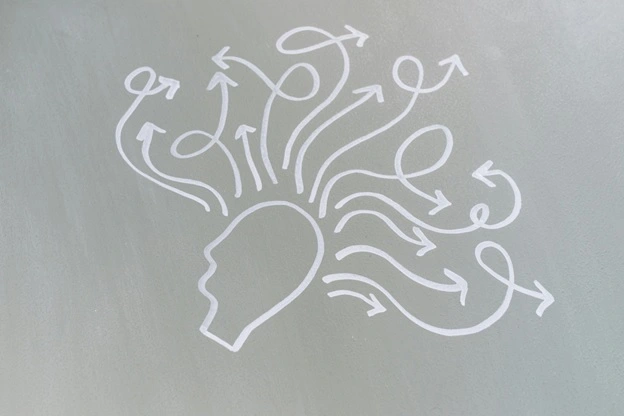In the realm of martial arts, the katana is not just a weapon but a symbol of discipline, precision, and mental fortitude. While its historical significance and physical prowess are well-documented, the mental health benefits of katana practice are equally profound. Engaging in katana training can serve as a powerful tool for enhancing mental well-being, offering a unique blend of physical activity, mindfulness, and disciplined practice.
Stress Reduction and Emotional Balance
One of the most immediate mental health benefits of Japanese sword practice is stress reduction. The practice involves precise, repetitive movements that require intense focus and concentration, which can be meditative. This focus on the present moment helps to divert attention away from everyday stresses and anxieties, fostering a sense of calm and emotional balance. The rhythmic nature of the movements can have a soothing effect, similar to the benefits of yoga or tai chi, providing a structured way to release built-up tension and stress.
Enhanced Concentration and Cognitive Function
Katana training demands high levels of concentration and mental clarity. Practitioners must be acutely aware of their body movements, timing, and spatial awareness. This heightened state of focus can improve cognitive functions such as attention, memory, and problem-solving skills. The mental discipline developed through regular katana practice translates to better focus and productivity in daily life, helping practitioners manage their tasks and responsibilities more efficiently.

Building Mental Resilience
The discipline required in katana practice fosters mental resilience. Training often involves repetitive drills, strict routines, and a commitment to continual improvement, which can teach perseverance and patience. Overcoming challenges in training, such as mastering a difficult technique or enduring a demanding practice session, builds mental toughness and a resilient mindset. This resilience is invaluable in everyday life, equipping individuals to handle stressors and setbacks with greater ease and confidence.
Mindfulness and Present-Moment Awareness
Katana practice is deeply rooted in mindfulness, emphasizing the importance of being fully present in each moment. The precise nature of the movements requires practitioners to maintain a keen awareness of their actions and surroundings. This present-moment focus can cultivate a heightened state of mindfulness, reducing tendencies to ruminate on the past or worry about the future. Mindfulness practices have been shown to improve emotional regulation, reduce symptoms of depression and anxiety, and enhance overall mental well-being.
Promoting a Sense of Accomplishment and Confidence
The process of learning and mastering katana techniques can boost self-esteem and confidence. Setting and achieving goals, whether it’s perfecting a particular move or advancing to the next level of training, provides a sense of accomplishment. This sense of achievement can enhance self-confidence, fostering a positive self-image and a greater belief in one’s abilities. The discipline and skills acquired through katana practice can extend to other areas of life, encouraging a proactive and confident approach to personal and professional challenges.
Community and Social Support
Katana practice often takes place in dojos or martial arts schools, creating a sense of community and social support. Training with others who share a common interest can foster camaraderie, mutual respect, and a sense of belonging. Social connections and supportive relationships are crucial for mental health, providing emotional support, reducing feelings of isolation, and enhancing overall well-being.
Conclusion
The mental health benefits of katana practice are multifaceted, offering a blend of stress reduction, improved concentration, mental resilience, mindfulness, and social support. By engaging in this disciplined and meditative practice, individuals can enhance their mental well-being, cultivate a resilient and focused mind, and achieve a balanced and fulfilling life. The katana, thus, transcends its historical role as a weapon, serving as a powerful tool for mental health and personal growth.
If you want to buy this iconic Japanese sword please visit: www.truekatana.com









